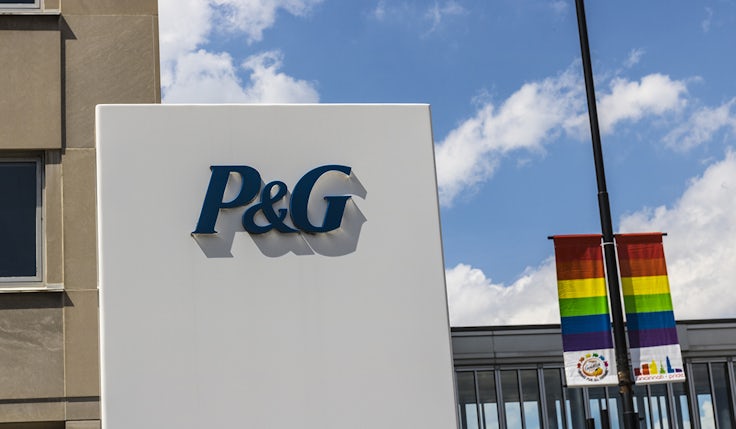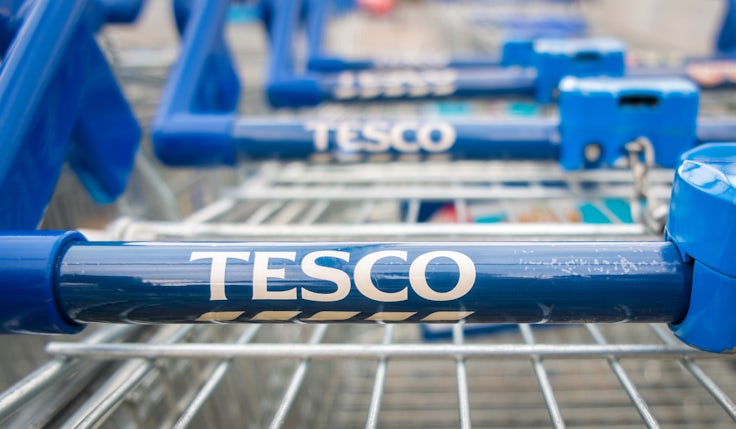Government advice to cut marketing may be ‘deeply damaging’ for UK economy, industry says
Reacting to news of an upcoming government campaign calling on businesses to divert marketing spend into cutting prices, marketers point out the function’s role as a “growth lever” for both businesses and the economy.

Marketers and industry bodies have criticised the government for “demonising” the industry by suggesting that businesses divert marketing spend into cutting prices.
The government is launching a campaign that will seek to “amplify and channel” the efforts of brands looking to curb rising costs amid the rising cost of living, encouraging other companies to follow suit, the BBC reports. It is thought businesses which agree to introduce cost-cutting measures will be able to add the campaign name and logo to their branding.
The slogan, which is reportedly still in the works, looks likely to promote a message of helping out in tough times, cutting prices for consumers using money brands “would otherwise use on marketing.”
ISBA’s director general Phil Smith says this message represents a misunderstanding of marketing’s role in business.
“Once again, the government seeks to demonise marketing, demonstrating its deafness to industry and its lack of understanding of how advertising works – to make markets more efficient, improve competition, reward innovation and reduce prices,” he says.
While advertising represents only one part of marketing investment, every £1 spent on it generates £6 GDP, according to the Advertising Association.
Since the aggressive level of inflation became apparent at the start of this year, a number of major advertisers have announced plans to continue investing in their brands, including PepsiCo, Unilever and Coca-Cola.‘Strong brands always win’: Why marketing investment is crucial to survive inflation
In February, PepsiCo CEO Ramon Laguarta stressed the importance of the group creating strong brands to “manage the price increases in better ways than we used to do it in the past”. He described marketing as an “important element” in the company’s overall growth strategy, as it means consumers continue to see value in its brands despite the fact prices are increasing.
Indeed, an analysis of 40 high performing brands that mitigated inflation following recessions in the past reveals that consistent among them was investment in both trade promotions and sustaining their brand promise, according to FMCG analytics firm IRI.
As such, Cheryl Calverly, CEO and former CMO of Eve Sleep, argues that moving money away from marketing would far from boost the UK economy.
“To suggest swinging investment naively away from a significant sector of the UK economy, the creative and marketing industries, is at best downright idiotic, and at worst, deeply damaging,” she says.
Agreeing that there is “a fundamental flaw” in the government’s logic, James Hankins, global vice-president of marketing strategy and planning at B2B financial services brand Sage, says marketing is a “proven growth lever”.
“You want strong, powerful businesses, and strong, powerful brands that support jobs,” he adds. “You don’t want to weaken the balance sheet of those businesses by offering discounts willy nilly. It doesn’t work”
Speaking to Marketing Week earlier this year, PZ Cussons’ chief marketing and transformation officer Andrew Geoghegan pointed out the power of strong brands to drive pricing power and enable businesses to keep prices in line with consumers’ wallets.Ritson’s recession playbook: 9 steps marketers should take to survive the dark times ahead
Is price cutting the right strategy?
Many of those Marketing Week spoke to pointed out the “incredible irony” of the government running a publicly funded advertising campaign to encourage businesses to spend less on marketing.
The government’s message chimes in with comments made last week by the newly appointed cost of living tsar, Just Eat co-founder David Buttress, who urged brands to “refocus” marketing spend in a bid to bring prices down for consumers.
Eve Sleep’s Calverley says that no one understands the pressures of the current inflationary environment on businesses better than marketers
“We understand in minute detail the promotional and price dynamics that affect demand and supply, and how these have shifted markedly and unprecedentedly over the past three months,” she says.
Chris Burggraeve, the former global CMO of AB InBev and founder of marketing strategy consultancy Vicomte, questions why the government is calling upon private companies to act now.
“Now that prices are going up, governments are saying “cut prices”. Why did governments not ask companies to raise prices during the long times of deflation we enjoyed? The government’s prime role should be to create an environment of relative price stability, or mild increases,” he says.
He adds that marketers ought not to blindly follow the advice to drop prices.
“From a marketer perspective, I would not cut prices across the board. Marketers need to understand the relative price elasticities of the various segments of people they serve with their brands,” he says.







